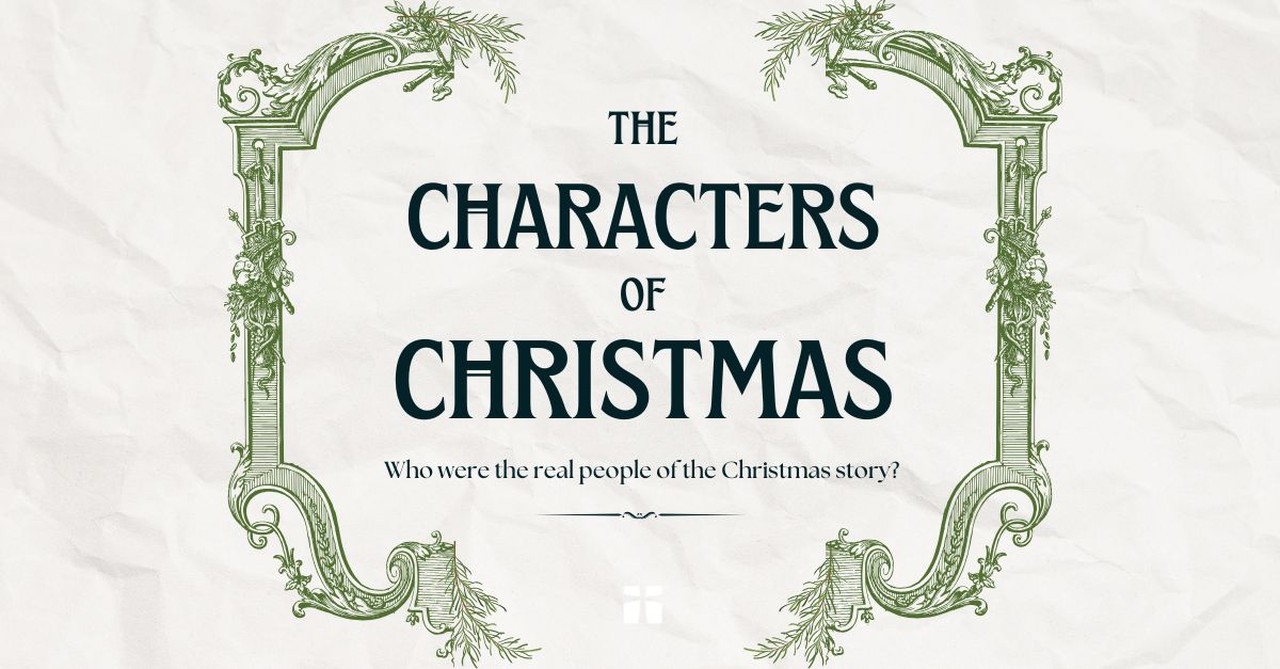Ezra 10:1-10
Foreign Wives and Children Put Away
101 And at Ezra's praying, and at his making confession, weeping and casting himself down before the house of God, there have been gathered unto him out of Israel an assembly very great—men and women and children—for the people have wept, multiplying weeping. 2 And Shechaniah son of Jehiel, of the sons of Elam, answereth and saith to Ezra, 'We—we have trespassed against our God, and we settle strange women of the peoples of the land; and now there is hope for Israel concerning this, 3 and now, let us make a covenant with our God, to cause all the women to go out, and that which is born of them, by the counsel of the Lord, and of those trembling at the command of our God, and according to law it is done; 4 rise, for on thee 'is' the matter, and we 'are' with thee; be strong, and do.' 5 And Ezra riseth, and causeth the heads of the priests, the Levites, and all Israel, to swear to do according to this word—and they swear.
6 And Ezra riseth from before the house of God, and goeth unto the chamber of Jehohanan son of Eliashib; yea, he goeth there, bread he hath not eaten, and water he hath not drunk, for he is mourning because of the trespass of the removal. 7 And they cause a voice to pass over into Judah and Jerusalem, to all sons of the removal, to be gathered to Jerusalem, 8 and every one who cometh not in by the third day, according to the counsel of the heads and of the elders, all his substance is devoted, and himself separated from the assembly of the removal. 9 And gathered are all the men of Judah and Benjamin to Jerusalem by the third day, it 'is' the ninth month, on the twentieth of the month, and all the people sit in the broad place of the house of God, trembling on account of the matter and of the showers. 10 And Ezra the priest riseth, and saith unto them, 'Ye—ye have trespassed, and ye settle strange women, to add to the guilt of Israel;


.jpg)

Matthew Henry's Commentary on Ezra 10:1-10
Commentary on Ezra 10:1-5
(Read Ezra 10:1-5)
Shechaniah owned the national guilt. The case is sad, but it is not desperate; the disease threatening, but not incurable. Now that the people begin to lament, a spirit of repentance seems to be poured out; now there is hope that God will forgive, and have mercy. The sin that rightly troubles us, shall not ruin us. In melancholy times we must observe what makes for us, as well as against us. And there may be good hopes through grace, even where there is the sense of great guilt before God. The case is plain; what has been done amiss, must be undone again as far as possible; nothing less than this is true repentance. Sin must be put away, with a resolution never to have any thing more to do with it. What has been unjustly got, must be restored. Arise, be of good courage. Weeping, in this case, is good, but reforming is better. As to being unequally yoked with unbelievers, such marriages, it is certain, are sinful, and ought not to be made; but now they are not null, as they were before the gospel did away the separation between Jews and Gentiles.
Commentary on Ezra 10:6-14
(Read Ezra 10:6-14)
There is hope concerning people, when they are convinced, not only that it is good to part with their sins, but that it is necessary; we must do it, or we are undone. So rich is the mercy, and so plenteous the redemption of God, that there is hope for the vilest who hear the gospel, and are willing to accept of free salvation. When sinners mourn for their sins, and tremble at the word of God, there is hope that they will forsake them. To affect others with godly sorrow or love to God, we must ourselves be affected. It was carefully agreed how this affair should be carried on. That which is hastily resolved on seldom proves lasting.